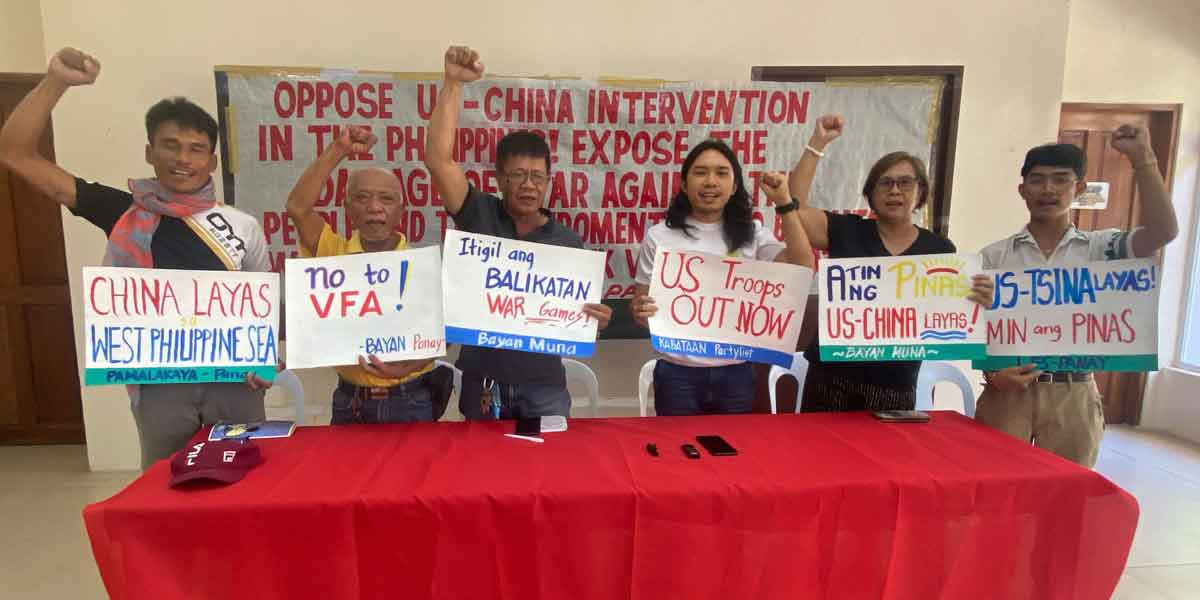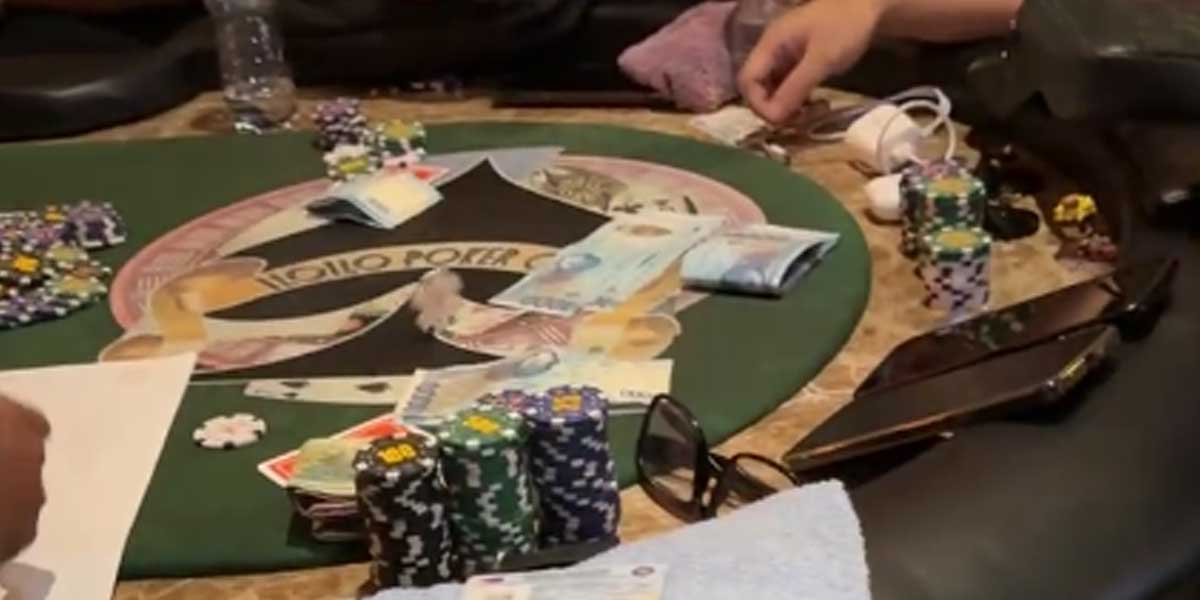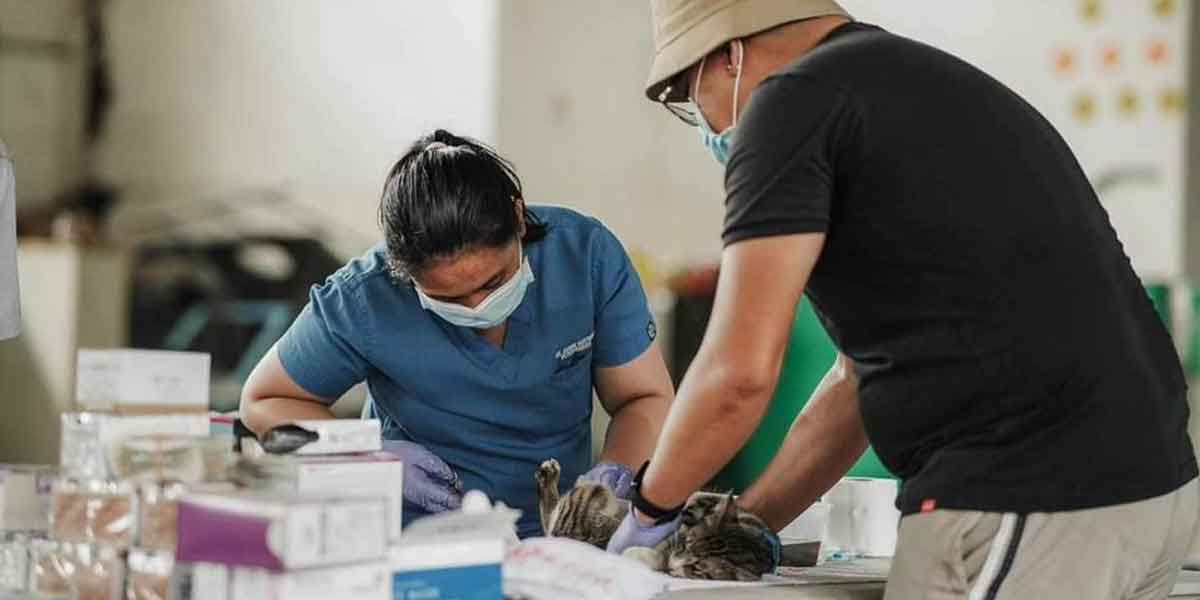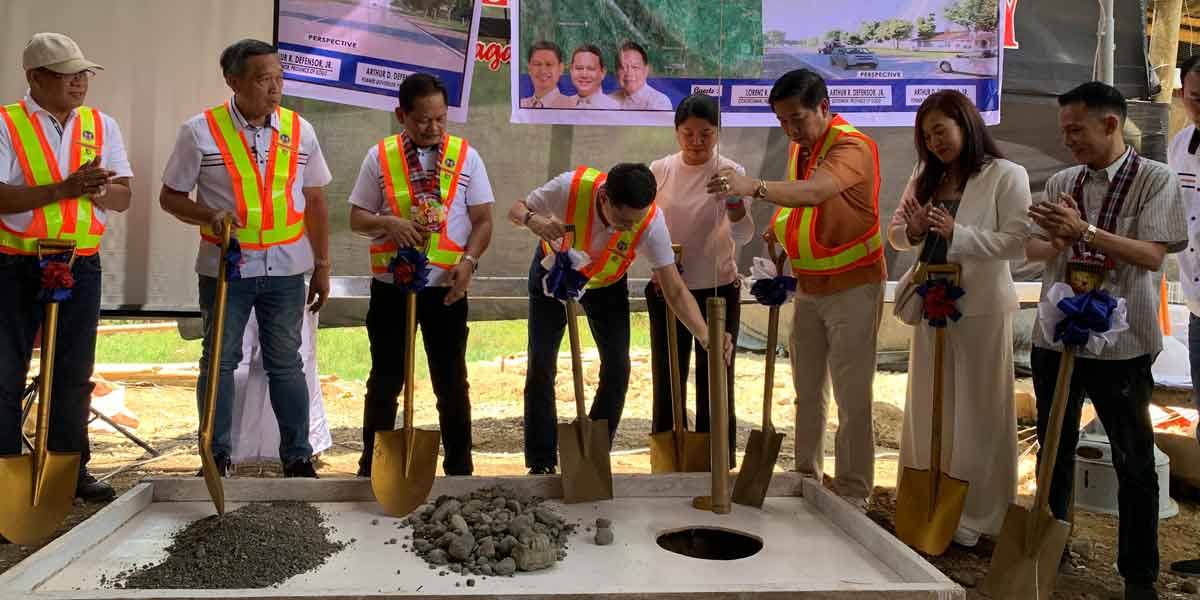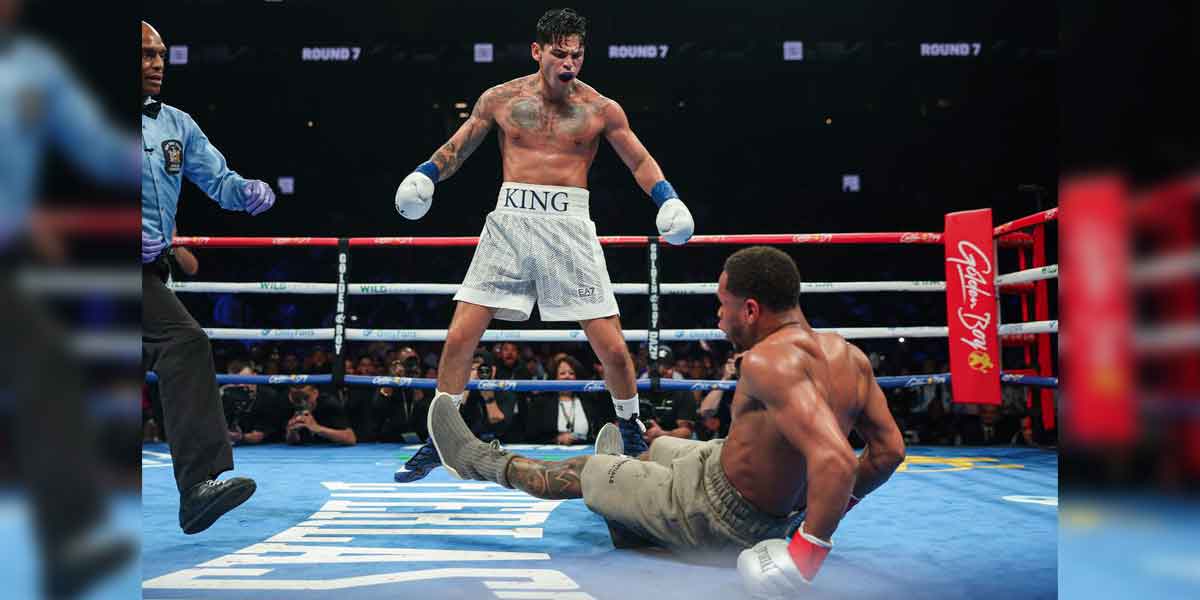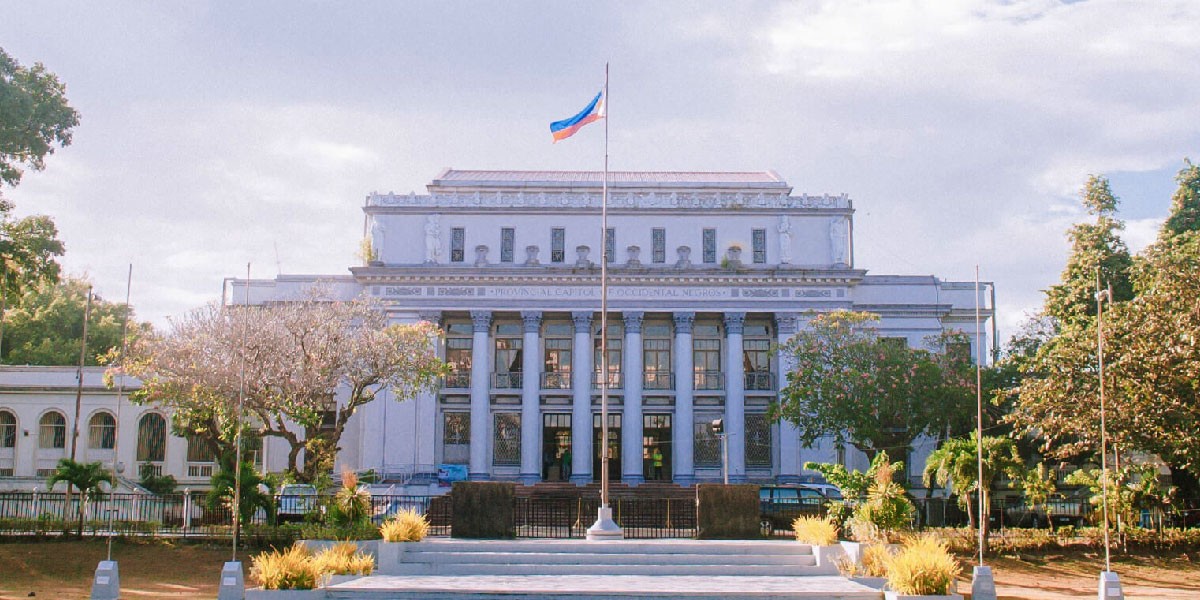
By: Francis Allan L. Angelo and Dolly Yasa
IN HIS fourth State of the Nation Address (SONA), President Rodrigo Duterte addressed two main issues hounding his administration – the war on illegal drugs and the West Philippine Sea dispute with China – even as he called on Congress to pass flagship measures.
The President said that his bloody war on drugs will continue despite international criticisms and that he will end his term fighting.
“For it is not the eagle in the fight, but the fight in the eagle that matters. Believe me, I will end my term fighting,” the President said.
Mr. Duterte said Filipinos have yet to learn their lessons in the fight against illegal drugs and its attendant problem of corruption.
“It has been three years since I took my oath of office and it pains me to say that we have not learned our lesson. The Illegal drug problem persists, corruption continues,” he added.
He also pitched to Congress to re-impose the death penalty for heinous crimes, especially drugs and corruption.
“I respectfully request Congress to reinstate the death penalty for heinous crimes related to drugs as well as plunder. We have not risen above and beyond the parochial interest. Our loyalty to family, friends, and tribal kin continue to exact a heavy toll on the programs designed to uplift the poor,” he said.
WEST PHL SEA
As to the West Philippine Sea claims, President Duterte said the area is indeed owned by the Philippines but the claim must be realistic and tempered.
“The West Philippine Sea is ours, no ifs and buts. We have to temper it with the times and the realities we face today,” he added.
The West Philippine Sea is part of the country’s exclusive economic zone in the South China Sea, which China is also claiming under its 9-dash line.
The President said he cannot afford to go to war with the nuclear superpower China.
“I am not ready or inclined to accept the occurrence of more destruction, more widows or more orphans, should war, even on a limited scale, break out. Short of expressly advocating a call to arms, there are those who stand up and stop those who fish in our economic zone. Of course, we will do that, in due time.”
The President said his “peaceful” approach in dealing with China is part of a “delicate balancing act.”
“The avoidance of armed conflict and protection of our territorial waters and natural resources compel us to perform a delicate balancing act. A shooting war is grief and misery multiplied. War leaves widows and orphans in its wake,” he said.
‘SLAP ‘EM’
President Duterte also called on mayors and governors to release clearances and permits within three days, except when the delay is merited.
The pronouncement coincided with the signing of the implementing rules and regulations of the Ease of Doing Business Act authored by former Iloilo 4th district congressman Ferjenel Biron. The law streamlines and hastens the processing and releasing of business permits and other documents by local government units and national line agencies.
He urged the public to make a scene by slapping and ranting at government officials who extort money in exchange for services and documents. He also cited on the improved Malacanang hotline 8888 where the public can file complaints against government offices.
Mr. Duterte particularly mentioned the Land Transportation Office and the Social Security System to shape up after they became the most common subject of 8888 complaints.
The President was scheduled to deliver his 45-minute SONA 4 p.m. Monday but he arrived at the Batasan in Quezon City around 4:55 p.m. After deviating for several times from his script, he finished at almost 7 p.m.
LEGISLATIONS
Aside from the death penalty and higher pay for state workers, Mr. Duterte also proposed to Congress some measures for the second half of his 6-year term:
- passage of the TRABAHO or Tax Reform for Attracting Better and Higher-quality Opportunities bill, the measure seeks to bring down the corporate income tax to 20 percent from the current 30 percent;
- sin tax reform bill that will further raise excise tax on tobacco and alchohol;
- creation of a National Academy for Sports;
- approval of a new version of the Salary Standardization Law that increase the pays of government workers, including teachers and nurses;
- creation of the Department of Water Resources and Water Regulatory Commission;
- creation of the Department of Disaster Resilience;
- postponement of the 2020 barangay and Sangguniang Kabataan elections to 2022;
- passage of the fire protection bill to enhance Bureau of Fire Protection’s capabilities;
- passage of a science-based National Land Use Plan to help local government units craft development plans and help disperse economic activities to the countryside;
- passage of the rightsizing bill that will reconfigure the existing Metro Manila-centric bureaucracy and streamline government systems for faster delivery of services;
- passage of a law that orders the mandatory closure of nightspots and other leisure establishments by 12 a.m.;

